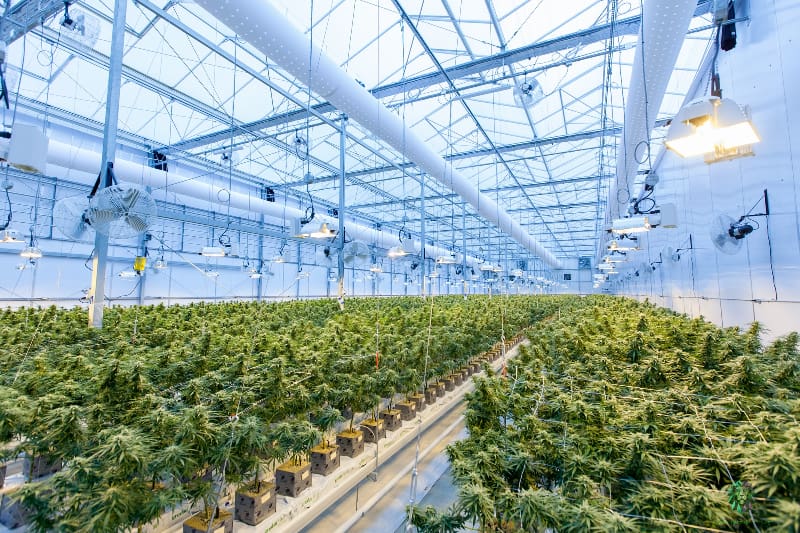Analysis of recreational use of cannabinoids in Mexico
One of the advantages is that Mexico recognizes cannabis as a medicine in the General Health Law. More scientific information is needed on its effects. To identify the harm caused by its prohibition in order not to violate human rights.





